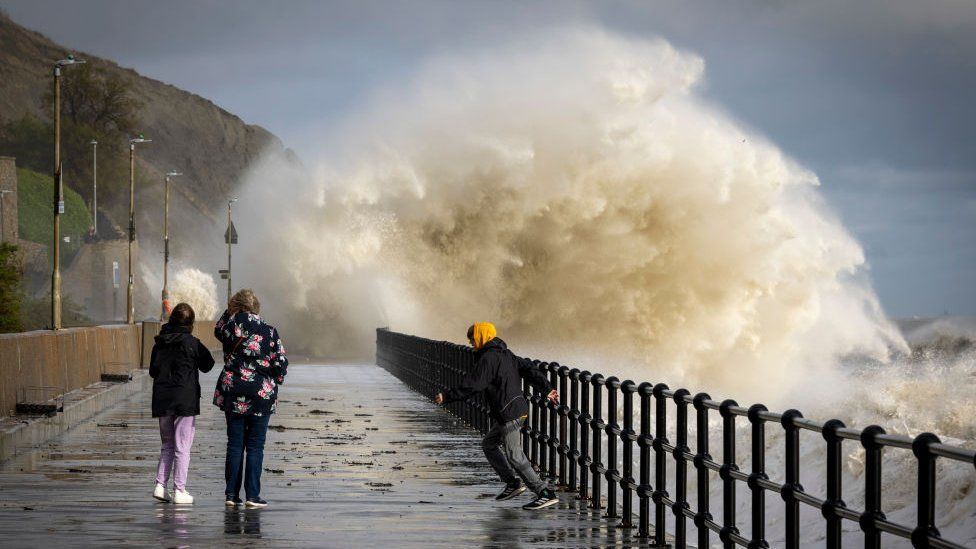-

-
-
Loading

Loading

Zoe Ashbridge, a woman who has been traveling the world by bicycle for two years, has found a way to make her journey a little bit easier. Along with her partner, Stewart, she uses an app called Windy to track the direction of the wind. This app has become an essential tool for them, saving them time and energy. Zoe explains that their bikes weigh around 30 to 40kg, and if they are cycling against the wind, it can cause sore knees. The Windy app helps them avoid this by providing real-time updates on the wind direction. By using the app, they can plan their routes more effectively and take advantage of tailwinds, which significantly reduce the amount of time they spend cycling. Weather apps are continuously improving thanks to advancements in technology and artificial intelligence. These improvements allow for more accurate forecasts and personalized recommendations. Steven Smith, the CEO of Accuweather, states that these advancements in technology have greatly enhanced forecasting models, making them more reliable. The goal is to provide people with the information they need to make weather-related decisions, such as whether to carry an umbrella or leave early. The UK's Met Office has been focusing on improving its digital weather maps and the data it gathers. They now offer live rain forecasts, which show where rain is heading in real time. They have also introduced specialized forecasts for beaches and mountains in partnership with the Royal National Lifeboat Institution. Additionally, the Met Office has teamed up with Scottish airline Loganair to gather data during flights, which helps them predict extreme weather and local thunderstorms. Eric Floehr, founder of ForecastWatch, mentions that forecasters are placing more emphasis on communicating quickly as weather patterns become more unpredictable due to climate change. He notes that weather apps are being used more frequently throughout the day and are becoming more real-time. However, he believes that funding for start-ups in this area has been lacking, partly because Silicon Valley, the home of many tech investors, does not experience extreme weather. Accuweather has been using artificial intelligence (AI) to help predict weather patterns since the late 1980s. They now also utilize AI to translate their reports into different languages, ensuring their information can be consumed by a global audience. The focus is on health and safety, with a particular emphasis on air quality. Accuweather provides forecasts for air pollution, ground-level ozone, and other irritants, enabling users to make informed decisions about going outside or engaging in physical activities. In summary, technology and AI have significantly improved weather forecasting, making it more accurate and reliable. Weather apps now provide real-time updates, personalized recommendations, and specialized forecasts for specific activities and locations. These advancements help people plan their day and make informed decisions about weather-related activities.